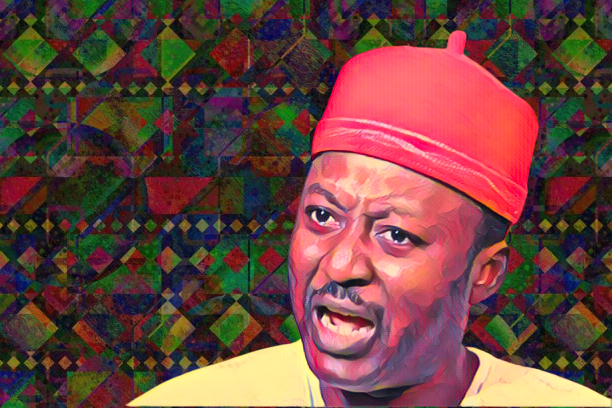Martin Onovo, a former Presidential candidate of the National Conscience Party (NCP) and Head of Policy Positions at the Movement for Fundamental Change (MFC), recently shared his insights on several critical national issues. In an interview, Onovo discussed the off-cycle election in Imo, Kogi, and Bayelsa states, President Tinubu’s leadership, and the 2024 budget.
Describing the Kogi and Imo states’ election process as a “lawless charade,” Onovo referenced the Supreme Court judgment on the presidential election, suggesting that it paved the way for increased lawlessness and impunity. He cited examples of election results being predetermined in Kogi State and allegations of security personnel assaulting INEC officers in Imo State under the direction of a Senior Advocate of Nigeria (SAN).
When asked about President Bola Tinubu’s policy decisions, Onovo was critical. He questioned Tinubu’s qualifications and his understanding of key issues like security management and macroeconomics. Onovo accused Tinubu of being a “failure” in his previous educational and political roles, including his tenure as Lagos State governor, where he allegedly left behind substantial debt.
On the subject of Liberia’s recent presidential election, where President George Weah promptly congratulated his opponent, Onovo drew a stark contrast between Liberia’s democratic system and what he perceives as Nigeria’s “maximum dictatorship.” According to a report by The Sun, he emphasized the need for Nigeria to adopt corrective actions to become a constitutional democracy.
Addressing the People’s Democratic Party’s accusations against the APC of creating a one-party state, Onovo accused the ruling party of unlawfully controlling the executive, legislature, judiciary, and military. He referred to various Supreme Court judgments as evidence of this control and its detrimental impact on Nigeria’s democracy.
Regarding the 2024 budget, Onovo was equally critical. He labeled the budget as prodigal, highlighting the high recurrent expenditures and unrealistic revenue estimates. He expressed concerns about the deficit and the implications of further borrowing, drawing parallels with Lagos State’s debt under Tinubu’s governance.
In conclusion, Onovo shared his fears for Nigeria, citing corruption, lawlessness, and injustice as key issues damaging the country’s foundation. He mentioned proposals from various quarters, including Afenifere’s call for restructuring and other suggestions for saving Nigeria from collapse.


